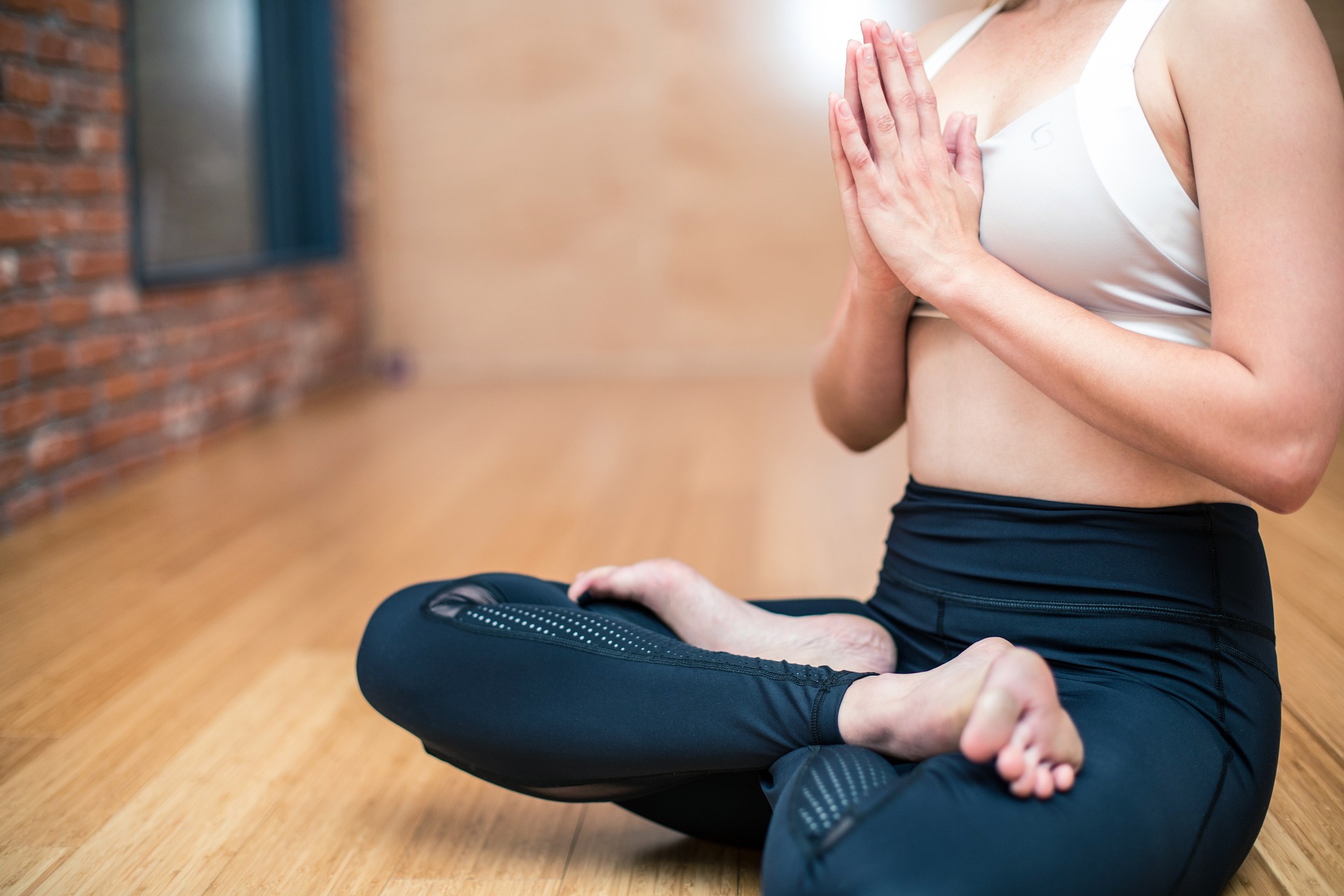Managing Anxiety in Today's Fast-Paced World
Anxiety, as a mental health condition, has been recognized and studied for centuries, but our understanding of it has significantly evolved over time. In the ancient Greco-Roman era, philosophers like Hippocrates and Galen believed that anxiety was a result of an imbalance in the body's four primary fluids or "humors". In the Medieval and Renaissance periods, religious and spiritual beliefs often associated anxiety with demonic possession or divine punishment.
However, the modern concept of anxiety as a psychological condition emerged in the late 19th and early 20th centuries, with pioneers like Sigmund Freud laying the foundation for our current understanding. Freud, in particular, viewed anxiety as a signal of inner conflict, a result of repressed desires and fears.
Anxiety in the Digital Age
Fast forward to the 21st century, and anxiety has become a pressing public health issue across the globe. Our fast-paced, interconnected world, dominated by constant digital communication and unending streams of information, has created a unique environment that often exacerbates anxiety.
The World Health Organization estimates that around 264 million people worldwide are living with anxiety disorders. The impact of this condition is far-reaching, affecting individuals’ personal lives, work performance, and overall well-being.
The rise in anxiety levels is particularly apparent among younger generations. A study by the American Psychological Association found that Gen Z is the most anxious generation, with 91% of individuals aged 18-21 experiencing at least one physical or emotional symptom due to stress in the past year.
The Role of Technology in Anxiety
While technology has undoubtedly brought countless benefits, it has also contributed to the rise in anxiety levels. The constant connectivity provided by smartphones, social media, and the internet can lead to information overload and increased stress.
Moreover, the comparative nature of social media platforms—where individuals are often presented with curated, idealized versions of others’ lives—can exacerbate feelings of inadequacy and anxiety. The fear of missing out (FOMO) is a relatively new phenomenon linked to social media use that can heighten anxious feelings.
Coping Strategies for Modern Anxiety
Despite the widespread prevalence of anxiety, there are numerous effective strategies for coping with this condition in today’s world. These include:
Mindfulness and Meditation: Mindfulness, the practice of being fully present and engaged in the current moment, has been shown to reduce anxiety levels. Similarly, meditation can provide a space for relaxation and stress reduction.
Physical Activity: Regular physical activity is a powerful anxiety reducer. Exercise releases endorphins, the body’s natural mood elevators, and provides a healthy outlet for stress and tension.
Therapy and Counseling: Cognitive-behavioral therapy (CBT) is an effective treatment for anxiety. It helps individuals identify and challenge unhelpful thought patterns that contribute to anxiety.
Limiting Screen Time: Reducing the amount of time spent on digital devices, particularly before bedtime, can help to alleviate anxiety caused by information overload and constant connectivity.
Social Support: Maintaining strong, supportive relationships with friends, family, or a support group can provide a buffer against anxiety.
The Future of Anxiety Management
As we continue to navigate our rapidly evolving world, our approaches to managing anxiety must evolve as well. Current research is exploring innovative methods like virtual reality therapy and AI-driven mental health apps as potential tools for anxiety management.
At the same time, there is a growing recognition of the need for systemic changes. This includes advocating for mental health-friendly policies in workplaces, promoting mental health education in schools, and reducing the stigma associated with mental health conditions.
In conclusion, while anxiety is a significant challenge in today’s world, it is not insurmountable. By understanding its historical context, recognizing its current impact, and adopting effective coping strategies, we can better manage anxiety and promote overall well-being.





